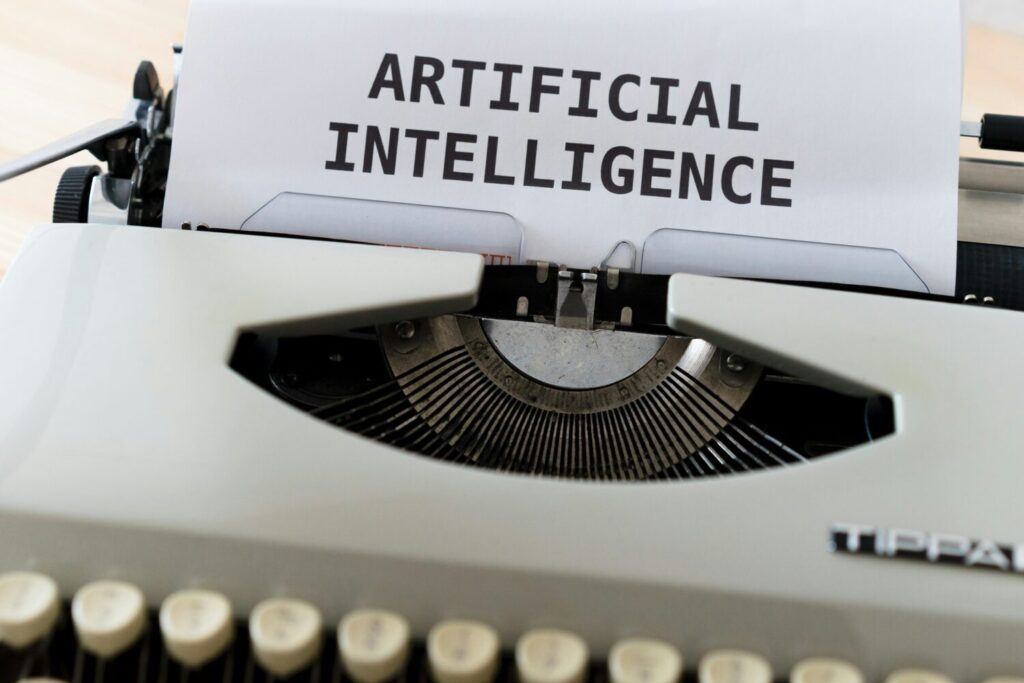The 5 Jobs AI Might Soon Replace (And Those It Won’t)
A recent report by the International Monetary Fund (IMF) has warned that artificial intelligence will affect up to 60% of jobs in the UK, with an expected 300 million full-time roles expected to be replaced by AI.
With this in mind, Joe McGowan – CEO of McGowan Transcriptions – delves into five jobs AI could replace, along with five it can’t.
“The idea of AI automation replacing human jobs has haunted workers for years, and with every technological leap, the anxiety intensifies. While some jobs may be lost, new ones will undoubtedly emerge. The key lies in understanding how AI can augment human capabilities, not replace them. By focusing on our uniquely human traits like creativity, critical thinking, and emotional intelligence, we can thrive in an evolving world.”
5 Jobs AI Could Replace
- HGV Drivers: “The UK’s 500,000-strong HGV driver workforce is directly in the crosshairs of self-driving technology. Long-haul trucking, a job heavily reliant on repetitive routines, is highly susceptible to automation. Within the next decade, we could see a significant increase of autonomous trucks on UK motorways, potentially displacing a large number of drivers.”
- Retail Sales Assistants: “Brick-and-mortar stores on the UK high street are feeling the heat from e-commerce, and AI is adding fuel to the fire. AI-powered shopping experiences are becoming increasingly common, potentially making human sales associates less essential. This trend, coupled with the ongoing shift to online shopping, could see further job losses in the retail sector.”
- Customer Service Representatives: “UK call centres are already witnessing the rise of AI-powered chatbots and virtual assistants. By 2025, AI will handle 85% of customer service interactions in the UK,” significantly reducing the need for human representatives.”
- Data Entry Clerks: “The UK’s administrative sector is a prime target for AI automation. AI algorithms can process vast amounts of data both accurately and quickly, making human data entry clerks largely redundant. This could lead to significant job losses in sectors like finance, healthcare, and government.”
- Bookkeepers: “The UK’s 250,000 bookkeepers are facing increasing competition from sophisticated bookkeeping software. While complex accounting tasks will still require human expertise, AI could potentially handle a large portion of basic bookkeeping work in the UK in the near future.”
5 Jobs AI Can’t Replace
- Surgeons: “The delicate and nuanced nature of surgery requires dexterity, critical thinking, and emotional intelligence; qualities AI currently lacks. AI can assist surgeons in various ways, but the human element of judgement and surgical intuition remains irreplaceable.”
- Therapists: “AI may be able to analyse data and provide information, but it cannot replicate the genuine human connection, trust, and emotional understanding that are central to therapy.”
- Software Developers: “AI will be a powerful tool for programmers, but it won’t replace them. While AI can automate parts of the coding process, the creativity, problem-solving skills, and ability to grasp complex design patterns will always require human ingenuity.”
- Transcriptionists: “While AI-powered speech recognition technology is improving, the nuances of human language and accents still pose challenges. For jobs requiring high accuracy and understanding of industry-specific jargon, like in legal or medical fields, human transcriptionists are likely to remain in demand for the foreseeable future.”
- Tradesman: “Jobs in skilled trades, such as plumbing, carpentry, and electrical work, demand a hands-on approach and adaptability. Fine motor skills, spatial awareness, and real-time problem-solving are essential, making these roles unlikely to be automated.”
Conclusion
As we navigate the evolving landscape of automation and artificial intelligence, it’s clear that while certain roles may indeed be susceptible to AI replacement, others remain firmly rooted in the domain of human expertise.
At McGowan Transcriptions, we understand the unique value that the human touch brings to tasks like transcription, where accuracy, nuance, and industry-specific knowledge are paramount. While AI-powered speech recognition technology continues to advance, it still grapples with the complexities of language and context. So, whether you’re in need of precise legal transcripts or meticulously detailed medical documentation, our team of skilled transcriptionists is here to ensure your needs are met with precision and professionalism.
Don’t leave your important transcription tasks to chance – reach out to us today on 0800 158 3747 or email office@mcgowantranscriptions.co.uk and experience the difference firsthand.
April 2024
 GET A QUOTE
GET A QUOTE ORDER ONLINE
ORDER ONLINE


